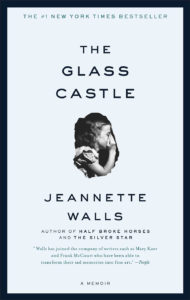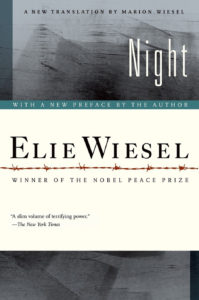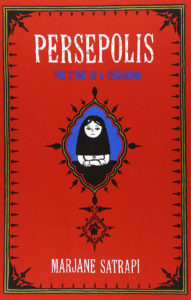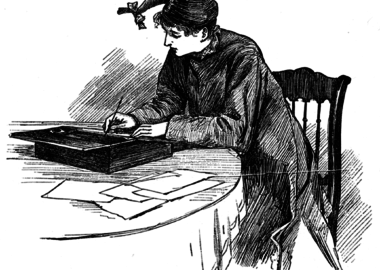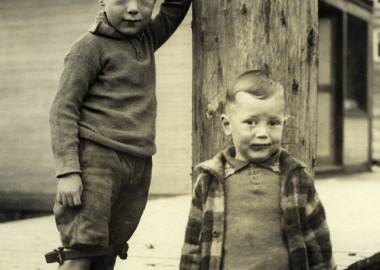To write is to become vulnerable. When you write well, you are sharing pieces of yourself with your audience.
And when writing creative non-fiction, or memoir, that vulnerability is amplified: you are setting out to not only share your art, but also your version of your life. You and your friends, enemies and family members all become characters in the story you present. You–as a character and as a writer–are visible for all to see.
Therein lies the possibility for true connection. When readers truly love a story it’s often because they feel connected to the characters represented: to their struggles, their fears, their humanness. This is what creates power in a story: the honest, human, and sometimes raw portrayal of an emotion or an experience.
Here are some of our favourite memoirs, selected for their power, honesty and vulnerability.
The Glass Castle – Jeannette Walls
That Jeannette Walls did not have a typical childhood is an understatement. Her free-spirited parents veered wildly from being utterly charming to alcoholic and destructive, leaving Jeannette and her siblings to grow up largely on their own. While some might look back on such an upbringing with anger or regret, Walls does not; instead she presents her parents as flawed, quirky, frequently infuriating and absolutely human. Perhaps, as her mother advises, she has learned this: “You should never hate anyone, even your worst enemies. Everyone has something good about them. You have to find the redeeming quality and love the person for that.”
Winner of the Nobel Peace Prize, Night is Elie Wiesel’s wrenching memoir of his experiences in concentration camps as a teenager. He writes simply and bluntly about the atrocities he witnessed, about the loss he experienced, and about his disgust with God and many elements of humanity. Seeing the Holocaust as a reminder of the tragic reality of human evil, he writes to share with others all that he will never forget.
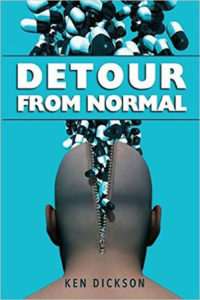
Detour from Normal – Ken Dickinson
Detour from Normal is a first-hand look at the reality and stigma of mental illness, as well as a (nearly) tragic love story. After a surgery triggers the onset of manic episodes, a likeable everyman is left detached from reality, forcing his beloved wife to have him committed to a psychiatric facility. Ken Dickinson’s journey from brokenness to redemption presents the reader with a felt knowledge of a deeply painful experience, told with a warm humour, ultimately making this memoir a wonderful read.
All Souls: A Family Story for Southie – Michael Patrick MacDonald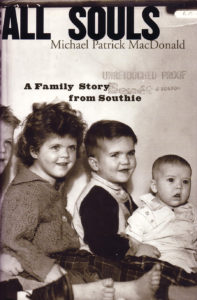
Engrossing in its stark reality, All Souls: A Family Story from Southie is Michael Patrick MacDonald’s story of growing up in a poor Irish neighbourhood during the Busing riots of 1970s Boston. He writes earnestly and emotionally about his family, many of whom he lost to murder, drugs, or suicide. It is a story about family and community, and is gripping. He offers: “It’s funny, I thought, how the people who seem the meanest, the people we want nothing to do with, might be in the most pain.”
A Moveable Feast – Ernest Hemmingway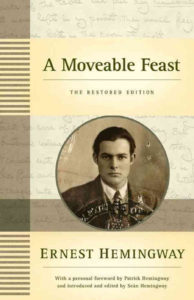
A classic, of course. Exemplifying both Paris in the 1920s and Hemingway himself, A Moveable Feast presents–in Hemingway’s trademarked concise, poetic prose–the writer’s feelings towards Paris: “If you are lucky enough to have lived in Paris as a young man, then wherever you go for the rest of your life, it stays with you, for Paris is a moveable feast.” Filled with recollections of the start of his career, tender moments with his first wife, and deliciously unflattering portraits of other famous writers of his time, A Moveable Feast explains why Hemingway remains a literary icon.
“I had learned that you should always shout louder than your aggressor.” This, and many other insights from her childhood growing up in Iran during the Islamic Revolution, are what makes Marjane Satrapi’s graphic memoir shout loudly as an important piece of creative non-fiction. Written from the perspective of a child, Persepolis has emotional impact and appeal, and is complemented by the striking black and white images that help to tell this story. Historical, political, and a heartbreaking reminder of the human cost of war, Satrapi is a protagonist that will move you.
A Year of Magical Thinking – Joan Didion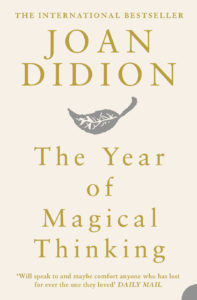
Intensely raw and heartbreakingly honest, the incomparable Joan Didion explores love, grief, and marriage in this memoir about the year her husband died. With characteristic wit, and attentiveness, but uncharacteristic vulnerability, Didion explores the disorientation and irrationality of her grief as she coped with both the loss of her husband and serious illness of her daughter. With a journalist’s eye and a very human heart, she calls this memoir her attempt to “make sense of the weeks and then months that cut lose any fixed idea I ever had about death, about illness, about marriage and children and memory, about the shallowness of sanity, about life itself.”
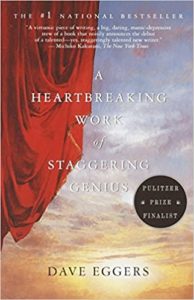 A Heartbreaking Work of Staggering Genius – Dave Eggers
A Heartbreaking Work of Staggering Genius – Dave Eggers
“My feeling is that if you’re not self-obsessed you’re probably boring,” Dave Eggers observes. And he makes no apologies in A Heartbreaking Work of Staggering Genius for his obsessions–which include his brother Christopher (of whom he is appointed unofficial guardian after his parents died within months of one another of unrelated cancers); staplers; child welfare authorities and the state of his own health. And he is anything but boring. A non-traditional memoir, A Heartbreaking Work blends stream-of-consciousness, self-deprecation, wit, and fourth-wall-shattering audience addresses with a slapdash narrative that is simultaneously smart, honest, funny, sad, and strikingly sincere.
Read. Tell your stories. They matter.

